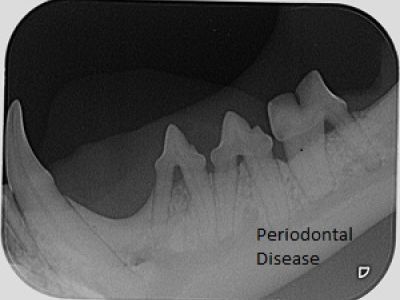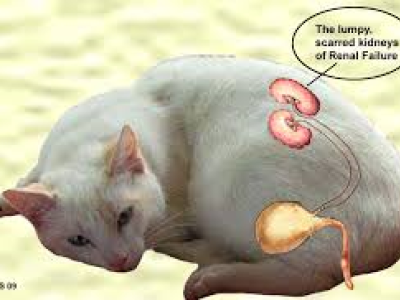Nutrigenomics/ Nutrigenetics
NUTRIGENOMICS is the scientific study of the interaction of nutrition and genes, especially with regard to the prevention or treatment of disease. It looks at what genes are related to specific disease and whether we can influence this through changing the nutrient profile of what an individual eats.
Animals are an ideal study tool for nutrigenomics as their diet is much more controllable than humans and with good compliance the results return incredible results for some types of disease prevention. An example of this is Omega-3 fatty acid that has a nutrigenomic effect on the progression of arthritis. If the levels of EPA are high enough in a dog’s diet the genes responsible for cartilage degradation “switch off”, slowing the progression of osteoarthritis.
NUTRIGENETICS is how an individual processes food based on their genetic profile. An example of this is Bedlington Terriers. It was discovered that due to a gene mutation they are unable to excrete excess copper leading to copper toxicoses. Given there is no way to change their genes we can alter their diet to combat the problem.



